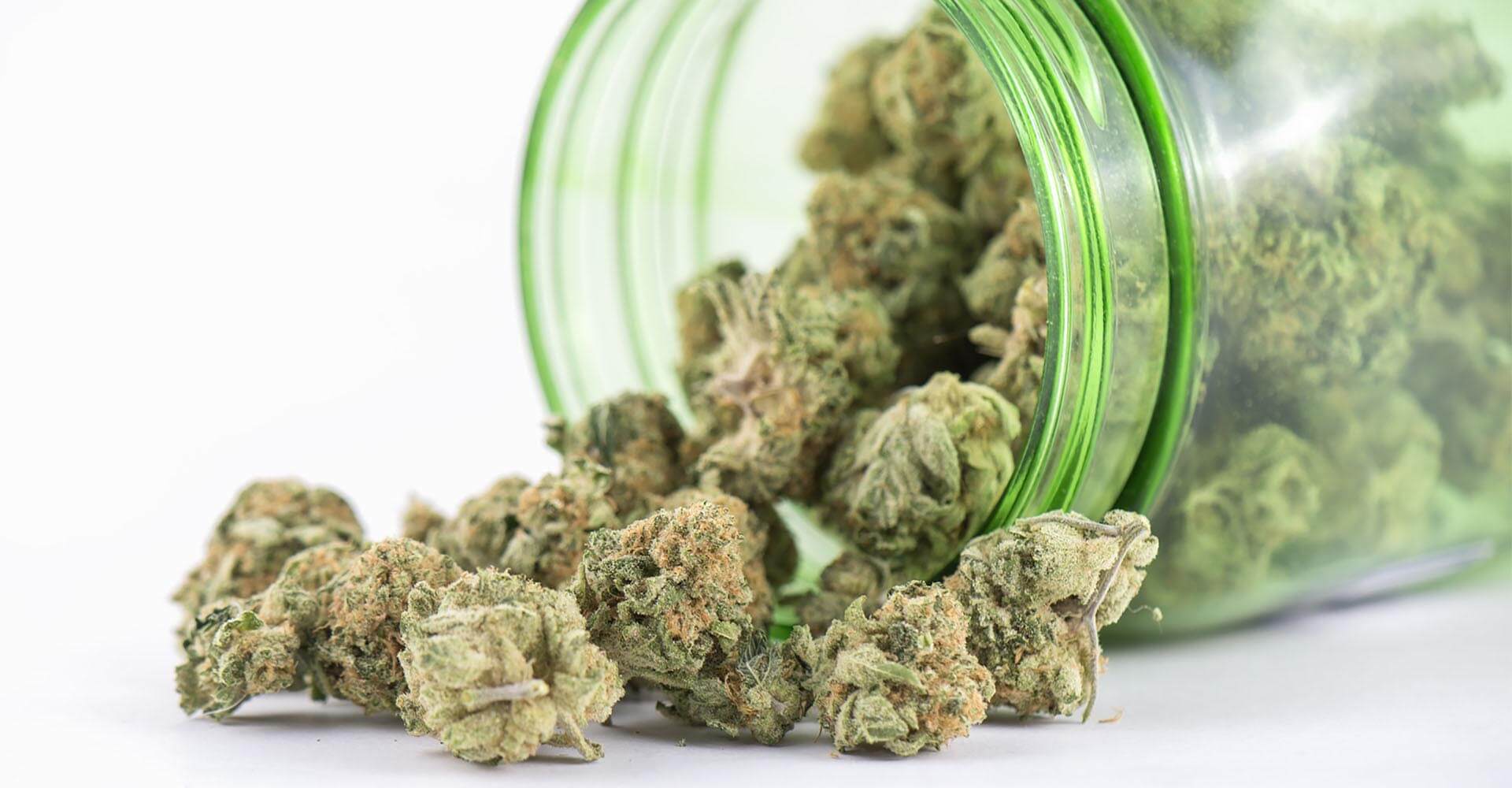Potential significant applications of medical CBD cannabis

New findings are promising, but several concerns have to be addressed before CBD can input routine clinical practice, and chief among them is security. Although often touted as a natural item, CBD is a drug like any other and has side effects. Additionally it is unclear how CBD might interact with other medications; evidence suggests that CBD increases serum concentration of several antiepileptic drugs, such as valproate and clobazam and their active metabolites. This interaction might cause an overestimation of CBD efficiency in patients that are also getting these drugs.
Additionally, although CBD doesn't produce the psychoactive effects which are normally seen with other cannabinoids such as THC, no controlled studies in human beings concerning the possible physical dependence effects (eg, withdrawal and tolerance) of CBD have been reported. Without such data, it's not possible to understand its long-term consequences. In its preliminary report, the ECDD concentrated on using CBD for reducing seizures in patients with epilepsy, for whom clinical evidence is strongest. In trials, CBD has been proven to be an effective treatment for some kinds of epilepsy, such as Dravet syndrome, a complicated childhood epilepsy related to drug-resistant seizures and a higher mortality rate. Both trials--an open-label study of 200+ patients and a randomised controlled trial of 120 patients--revealed a decrease in convulsive-seizure frequency throughout the treatment period in patients who received CBD compared with pre-treatment seizure frequency or with patients who received placebo. Since the publication of the ECDD's preliminary report, a trial of 168 patients with treatment-resistant Lennox-Gastaut syndrome has provided evidence supporting the effectiveness of CBD as an add-on treatment for fall seizures.

Cannabis is legal for medicinal use or is decriminalised for recreational use in over half of the countries in the united states, in over 10 European countries, and in Australia. The greater availability of cannabis after legalisation raises questions about its consequences for general health, but it also opens avenues for treatment of neurological problems. There's some evidence that various types of cannabis may be used to treat neurological disorders--such as epilepsy and some signs of multiple sclerosis and for palliative care, but health care guidelines for its use are rare.
Additional work is also needed about efficacy of CBD because the only real positive clinical trials have been for childhood-onset, treatment-resistant epilepsy. Indeed, for individuals with other kinds of epilepsy, CBD may not be effective: at the only randomised controlled trial of CBD for focal epilepsy in adults, the main endpoint of reduction in focal seizures throughout the treatment period wasn't met. The issue of the production and wholesale of cbd cannabis remains... Even for epilepsy ailments for which CBD has shown signs of efficacy, there's absolutely not any proof that CBD is the most effective available treatment. Head-to-head comparisons between CBD and approved antiepileptic drugs will be necessary.
Meanwhile, anecdotal evidence and trial ends in rare childhood epilepsy disorders will continue spur patients to try cannabis and its derivatives, and possibly risk exacerbation of the condition or harmful interaction with their existing medications. Although neurologists can assist their patients fight misinformation with medical fact, as with all emerging treatments, high quality studies are required to inform practice, and the medicinal use of cannabis must be clearly delineated through regulatory procedures. In light of the uncertain therapy effects of medicinal cannabis on neurological disorders, the community looks ahead to a comprehensive review after their meeting, with the expectation that it may facilitate much needed research in this developing field.



